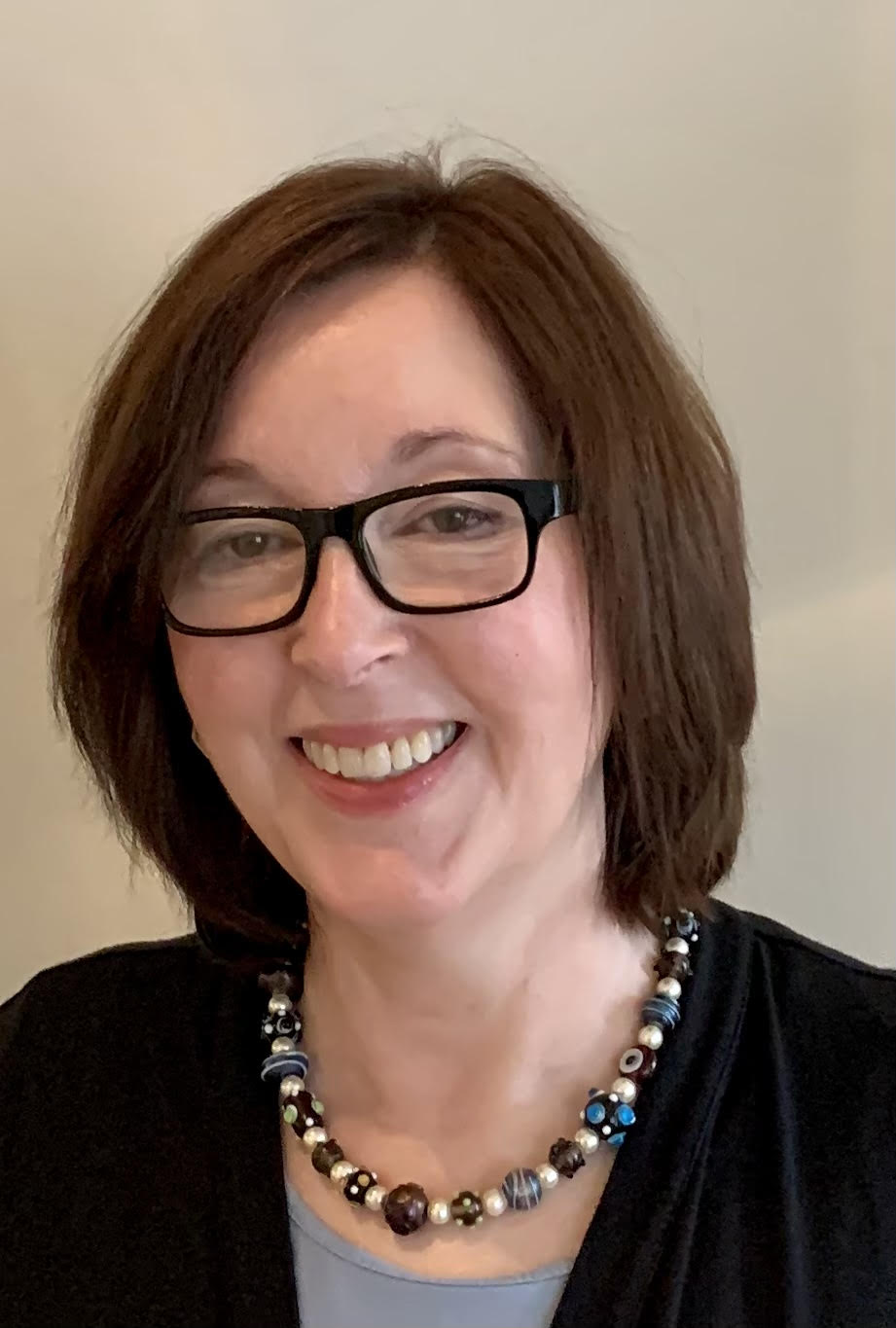A recent television commercial opens to a scene familiar to most families across America: it's dinner time, broccoli is served, and a child pushes the plate away while an anxious parent coaxes the child to eat it. The child is unhappily resistant for reasons many of us can relate to today, and dinnertime is stressful and frustrating for all.
The ad provides a simple solution: "Potato pay!" exclaims Dad, saying the child will get three potato fries as a reward. The child's face lights up, broccoli is swallowed, chased down by the yummy potatoes, and meal-time tranquility now reigns.
The ad caught my eye as we continue to research payments inclusion efforts for greater financial health. While this simple approach might work on a small scale, such as getting your kids to eat their broccoli, payments choices and behaviors are far more complex.
How do you get people to change their behavior when it comes to trying different or newer payment options? What would help people expand their choices to include these options?
Maybe we need to better identify what the "broccoli” is for those people who could benefit from a well-balanced menu of payment choices. We know that issues such as trust, access, privacy, fees, location, lack of transparency, minimum balance requirements, and other barriers are often cited as reasons why people might stick to cash, a perfectly valid choice. Or they may lead them to use other forms of payments that may be more expensive, such as prepaid cards that come with fees, check cashers, or money transfer facilities.
Rewards, peer and social inclusion, and other positive reinforcements can be useful motivators for behavior change, among other approaches. In general, the reward's promised delight needs to outweigh the refusal to try something, whether it's broccoli to encourage healthy choices, or a payments option that might provide greater financial freedom and health by moving money around more easily and perhaps less expensively.
As we move forward with our payments inclusion research, I will continue to look for incentives that might be helpful for people considering options they might initially not like but could be helpful to their financial health. Meanwhile, I plan to check out the freezer aisle for those magic potatoes.



